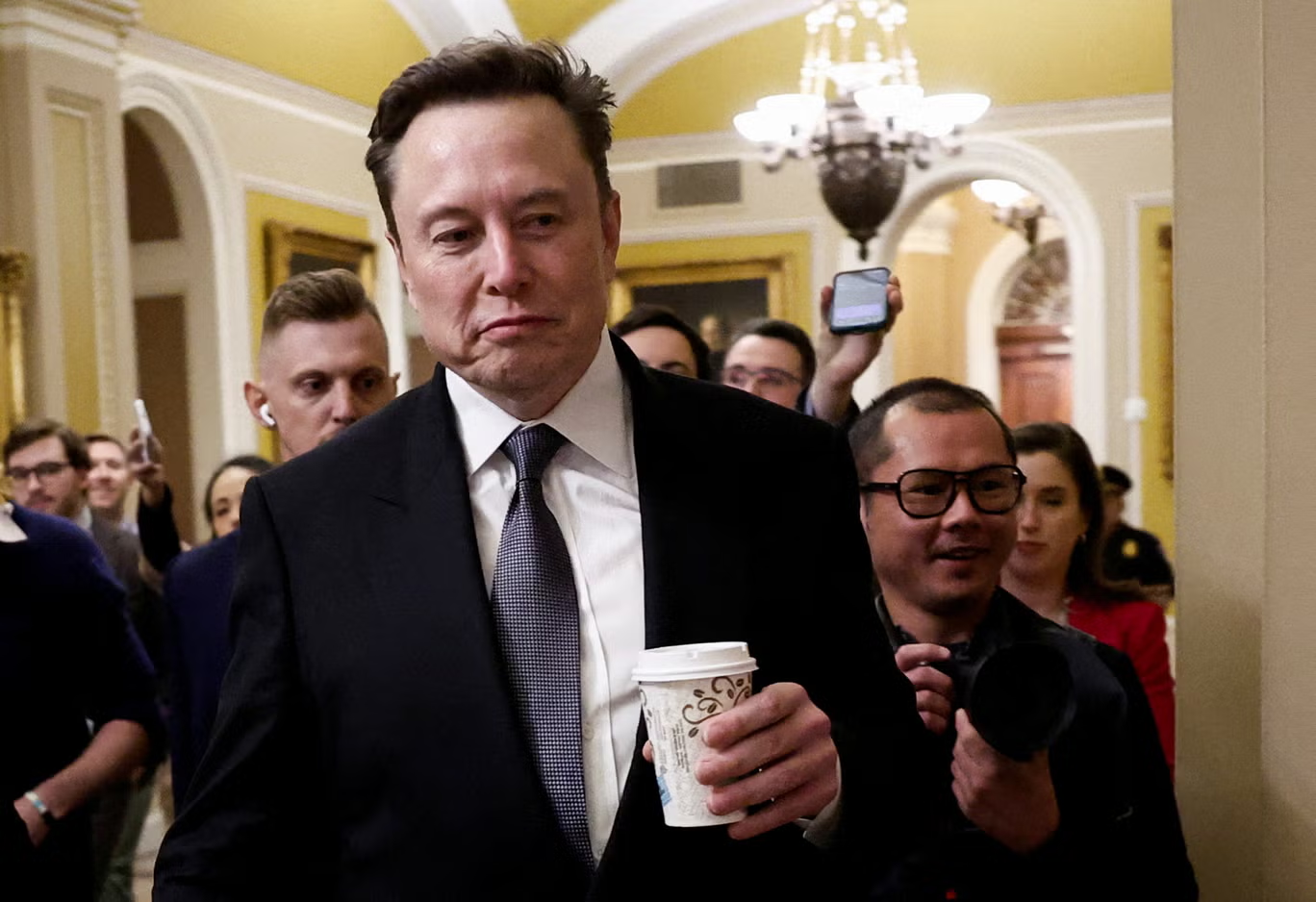In response to growing political pressures and public concerns, governments across Europe are pledging to reduce immigration. However, these policies may have unintended consequences for the agricultural sector, which heavily depends on migrant labor to sustain production. The challenge now facing Europe is balancing the demand for a seasonal agricultural workforce with stricter immigration controls—an issue that could impact food security, economic stability, and the livelihoods of farmers across the continent.
The Agricultural Sector’s Dependence on Migrant Workers
Agriculture in Europe relies heavily on migrant labor, particularly for tasks such as planting, harvesting, and maintaining crops. These roles are typically seasonal, physically demanding, and, in many cases, lack appeal to local workers. Countries like Germany, Italy, Spain, France, and Poland have significant migrant workforces within their agricultural sectors, with migrant workers contributing greatly to the food supply chain.
For example, in Italy and Spain, migrants from Eastern Europe, Africa, and Latin America help ensure the timely harvesting of fruits, vegetables, and other crops. According to recent estimates, nearly 2 million EU seasonal workers and over 400,000 non-EU workers fill agricultural roles across EU member states. This labor force is essential to meeting demand and keeping prices stable, yet it remains highly vulnerable to shifts in immigration policy.
The Impact of Stricter Immigration Policies
As European governments take steps to curb immigration, the agriculture sector risks facing a severe labor shortage. In the United Kingdom, for example, post-Brexit immigration policies resulted in a marked decrease in available migrant labor, leading to unharvested crops and significant financial losses for farmers. Similarly, Germany has struggled with a lack of seasonal workers, as stricter regulations make it harder for migrants to enter and work within the agricultural sector.
The ripple effect of these shortages is substantial: when farms lack the necessary labor, production decreases, and the supply chain is disrupted. This can lead to higher food prices, lower exports, and reduced income for rural communities dependent on agriculture. Moreover, with a diminished local workforce willing to take on these seasonal jobs, farmers are left with limited options.
Solutions and Adaptations: Targeted Immigration Policies
In response to these challenges, some European countries are implementing targeted policies to allow specific groups of migrant workers to fill agricultural roles. Spain, for example, has developed more inclusive immigration reforms to support its agricultural sector, simplifying access to work permits for migrants and signing agreements with countries like Gambia, Mauritania, and various Latin American nations. These labor agreements enable seasonal workers to temporarily fill gaps in Spain’s agricultural labor force without undermining broader immigration policies.
Similarly, the European Union has introduced seasonal work visas for non-EU workers to address agricultural labor shortages. This approach aims to provide a controlled entry system for workers in sectors like agriculture, offering a way to meet labor demand without significantly altering immigration policy.
The Broader Implications for Europe
The debate around immigration in Europe is multi-faceted, with concerns about social integration, security, and economic impact all factoring into policy decisions. However, agriculture is a unique sector that depends heavily on labor at specific times of the year. With the current political climate leaning toward tighter immigration controls, European policymakers face the challenge of designing a system that supports the agricultural sector while addressing public concerns about immigration.
As agriculture continues to rely on migrant labor, the risk of stricter immigration policies affecting food production grows. Food shortages, price hikes, and increased dependence on imports could become pressing issues if these labor needs are not met. The tension between reducing immigration and supporting the agriculture sector underscores the complex nature of immigration policy and highlights the need for balanced, thoughtful approaches.
Looking Ahead: Balancing Policy with Practical Needs
Europe’s agricultural sector will need to adapt to a changing labor landscape, and governments must consider the economic importance of migrant workers in agriculture. A balanced approach—one that combines immigration controls with practical solutions for the labor needs of agriculture—could help Europe maintain a robust agricultural system while respecting political and public sentiments.
The road ahead will require strategic planning, cooperation between countries, and policies that acknowledge the indispensable role migrant workers play in the agriculture sector. By embracing a more flexible immigration model for seasonal work, Europe can continue to ensure food security, stabilize rural economies, and support its farmers in the face of shifting demographics and political challenges.
In the end, Europe’s agriculture depends not only on fertile soil and favorable weather but also on a labor force willing to work the fields. Finding a way to integrate that labor force sustainably within the framework of modern immigration policy will be essential to the continent’s long-term stability and prosperity.
Source











